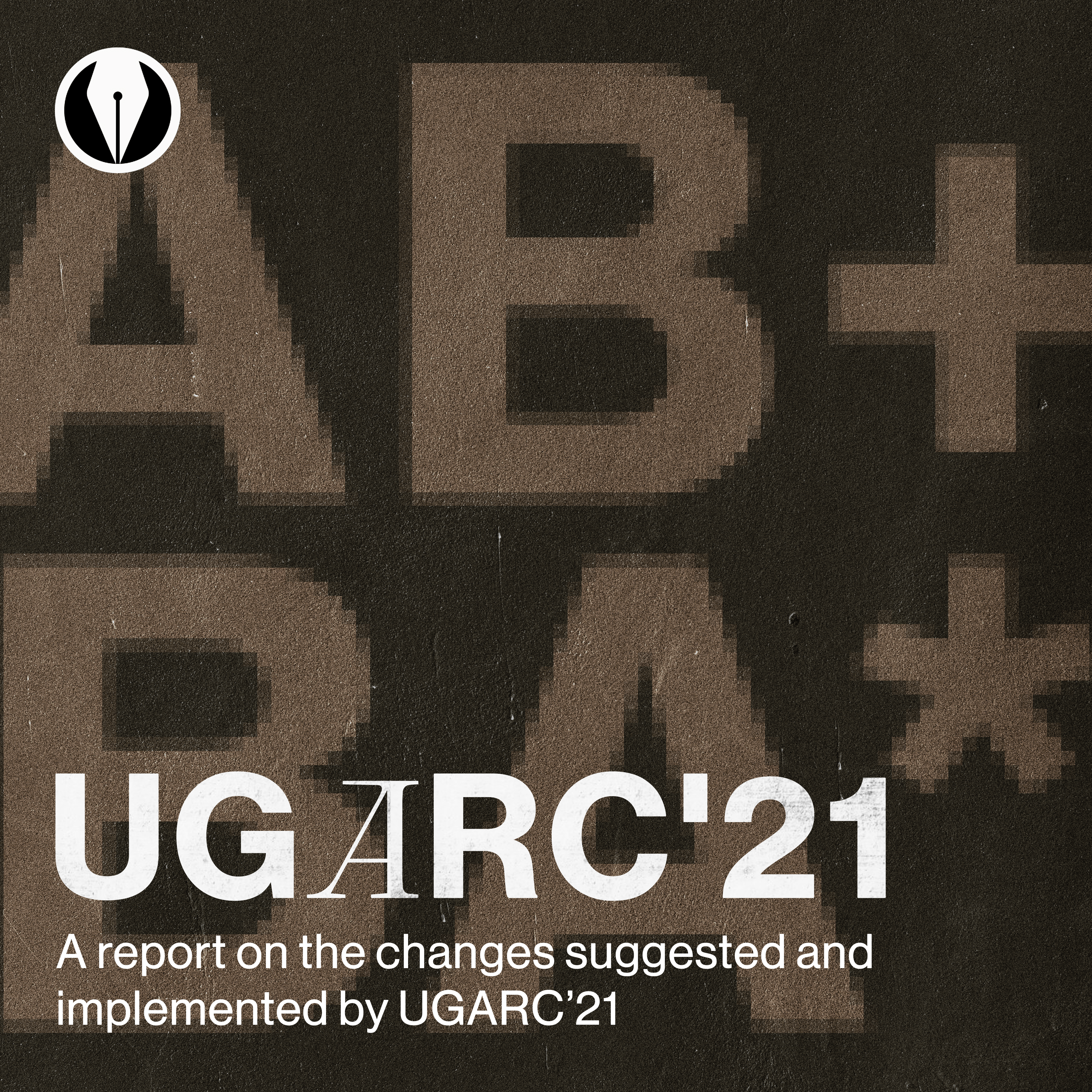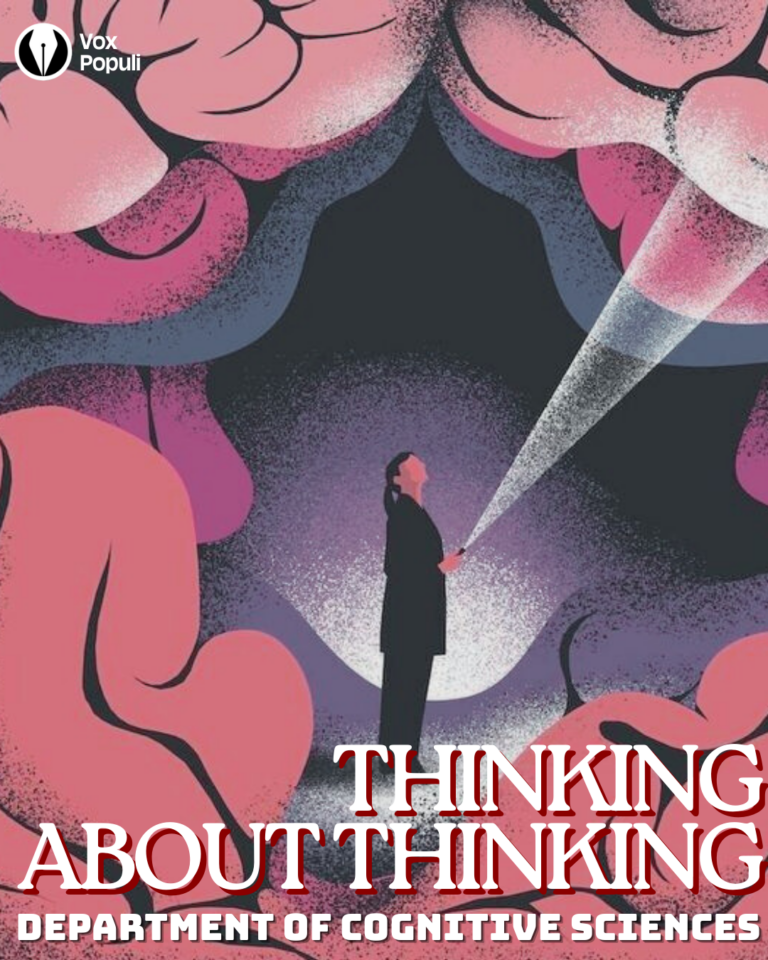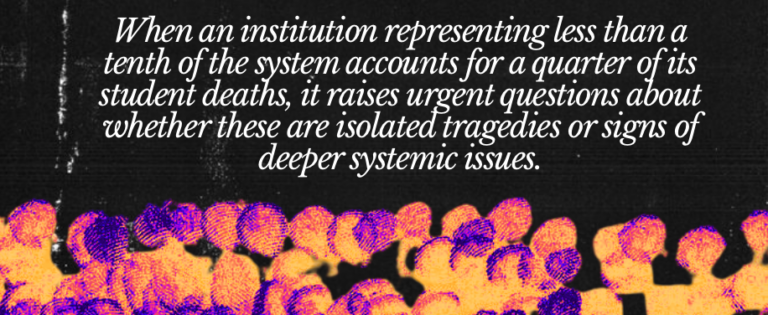Introduction:
The Undergraduate Academic Review Committee (UGARC) at IIT Kanpur reviews the undergraduate curriculum every ten years to create a student-centric education system that rivals top global universities. UGARC 2020-2021 introduced significant changes, including new degree options like BTM/BSM and BTH/BSH, which offered tailored pathways for industry and research, as well as Study Resource Centres (SRC), inter-departmental degrees, and academic counselling and guidance centre (ACG). These changes aim to provide flexibility and maximise learning potential. This article explores the effectiveness of policy implementation, the timeline for upcoming batches, the challenges in executing some proposals and the roles of students, faculty, and administrators in driving these academic reforms.
Implementation History
Challenges of Institutional-Level Changes
Through an interview with Prof. P. Venkitanarayanan (ME), chairperson of the implementation group for UGARC 2020-21, we learned that small changes, such as updating individual course contents or offering a new elective, are generally easier to faster. However, large-scale changes, such as overhauling the curriculum or introducing new degree programs, require extensive consultations and discussions across multiple departments and stakeholders, necessitating substantial coordination, time, and human resources. The approval process for major changes is lengthy and involves multiple layers of review and approval, including input from departmental committees, faculty boards, and external accreditation bodies. Additionally, there can be resistance from faculty, administrators, and students accustomed to the existing system. Overcoming this resistance requires extensive communication, negotiation, and sometimes compromise.
Importance of Curriculum Changes
As explained by Prof. Nitin Saxena, the chair of UGARC’21, updating the curriculum is crucial for staying relevant in a rapidly evolving world, aligning with global standards to prepare graduates for international environments, and giving institutions a competitive edge. Interdisciplinary courses promote integrated learning, enhancing the educational experience. Progressive academic policies and a modern curriculum boost the institution’s reputation, attracting top talent and maintaining an active academic community. Curriculum updates are also essential for maintaining accreditation, improving rankings, and enhancing employability by ensuring graduates possess in-demand competencies and are proficient with the latest technologies.
New Changes
Several proposals, such as a granular grading system, modularising IC courses like MTH101 and ESC101, and introducing an ethics course and the SCHEME basket, have already been implemented and adequately integrated into our academic structure.
To this end, the report also proposes these significant changes:
New Degree Options:
These new degree options address two key issues in our current academic system:
- After coming to IIT, many students are not interested in engineering/science, so they are not motivated to learn what’s being taught in their classes.
- Many students need help to cope with the difficulty level of existing courses.
Prof. Nitin Saxena, chair of the committee, emphasised that restricted departments must accommodate diverse interests.
The proposal aims to shift from one-size-fits-all degrees to more flexible degree options that fit the requirements of students with different interests and aptitudes. It pushes for three significant changes:
The regular BTech/BS programme is split into three tracks- the regular BTech/BS degree, the BTM/BSM degree, which will have a mix of technical and industry/management-related content, and the BTH/BSH degree, an honours track, which would require additional DE credits compared to the regular BT degree.
Secondly, the creation of a Study Resource Centre(SRC) is proposed to accommodate different interests. The SRC will offer new courses related to ethics, communication, IT, technology, entrepreneurship, and management. The SRC staff will be hired based only on research and teaching skills, forming a cadre of non-tenured faculty. This is the same process as recruiting tenured faculty.
Lastly, it entails the creation of inter-department degrees. This would be a 4-year programme offered by a pair of departments, with the number of credits being the same as any other BTech degree.
As we understand from our discussion with Prof. Nitin Saxena, the impact of these changes would be vast and expected to solve issues such as poor attendance, high failure rates, poor academic performance and disinterest leading to mental health problems, disenchantment of course instructors and dilution of BTech degrees.
Replacing Academic Termination with Exit Options Degree:
As explained by Prof Nitin Saxena, the committee recognized that students’ diverse backgrounds and varied aptitudes invariably lead to a wide diversity of perceived student abilities. Thus, even the high ideals of the teacher and the tall spirits of the student have not been able to circumvent the termination of a good fraction of these students. The motivation behind this change was the students who had nothing to show for their efforts at the end of 4-5 years of being in this institute due to their degrees being terminated.
To help ‘academically deficient’ students, the creation of an Academic Counseling & Guidance(ACG) centre is proposed. The idea would be to divide students into categories- A, B, C and D in order of their credit accumulation rates. Parents of C and D category students would be alerted, and their performance shared. By doing so, the ACG would also act as a conduit between the Institute and parents, so that parents do not abruptly receive the news about termination. The ACG would regularly meet with these students and counsel students in vulnerable categories (B, C, D). They would recognise the hurdles they face by conversing with the students and sensitising instructors to their issues.
The option of an Alternate Degree would arise when, even after providing all support and monitoring, some students struggle to complete all their courses. These students can complete 300 credits with some support and be offered an alternative degree.
This proposal aims to provide timely support and guidance to these students so that each can have a fruitful end to their time at a campus that does not hinder their prospects.
Course Flexibility and Learning Outcomes:
Another proposal of UGARC aims to add more flexibility to coursework by introducing the following options:
- Seminar courses and undergraduate projects for hands-on learning
- Creditable external activities to count toward course requirements
- Electives from other departments to expand learning opportunities
- Technology used for content archiving to make resources readily accessible
These changes help accommodate student preferences, skills, and expectations, creating a more personalised educational experience.
These changes aim to take a step away from the one-size-fits-all model and strive to offer an enormous scope of opportunities for UG academics.
Current Implementation Scene
Through interviews with Prof. P. Venkit Narayan (ME) and the Dean of Academic Affairs (DOAA), along with insights from various departmental faculty members and students, we explore the current status of these changes and the roadblocks faced along the way.
Initial Challenges and Departmental Cooperation
Prof. P. Venkitanarayanan highlighted that establishing interdepartmental degrees was particularly challenging due to the nature of the program. Departments had to align their curricula, share resources, and agree on joint degree programs, which involved overcoming bureaucratic hurdles and differing academic priorities. Despite these challenges, there has been progress, with some departments already working on templates for interdepartmental degrees.
Implementation of Non-Resource Intensive Changes
Specific proposals did not require extensive resources, such as introducing the honours program for both bachelor programs (namely the BTH/BSH programs), which were quickly adopted and implemented by most departments. Bachelor of Technology (Management) (BTM) and Bachelor of Science (Management) (BSM) degrees, on the other hand, have yet to see such progress. Prof. Venkitanarayanan emphasised that new programs BTM and BSM were thoughtfully designed to offer students flexible and inclusive pathways into management studies without any CPI restrictions. The selection process will be crafted to attract students who are genuinely inclined towards management, regardless of their academic standing in other subjects.
Prof. Venkitanarayanan highlighted that programs like Honors and BTM/BSM are set to be available to students by their fifth or sixth semester, starting with the Y22 batch. This aligns with the committee’s vision of providing more tailored and relevant educational opportunities to students, ensuring that those with a genuine interest in management are given the chance to pursue their goals. However, this program remains to be behind the proposed schedule.
Despite this careful planning and clear vision, the DOAA pointed out that the full-fledged implementation of these programs has been slower than anticipated. The delay has been attributed to a need for more resources, including faculty and administrative support, further complicating post-COVID recovery efforts. The DOAA also noted the difficulty in finding qualified and willing faculty members to lead these programs, which has been a significant roadblock. The groundwork for these programs has been laid, but their successful implementation will require overcoming the current resource constraints and ensuring that the necessary support structures are in place.
Academic Counselling Group (ACG) and Student Resource Centre (SRC)
One of the critical initiatives of the UGARC’21 is the proposal to establish an academic counselling group (ACG) and a study resource centre (SRC). These initiatives aim to provide specialized academic guidance and support to students, particularly those who are academically weaker. The role of ACG counsellors is distinct from that of existing counselling services. While the latter provides general psychological and emotional support, ACG counsellors focus on academic guidance. Prof. Venkitanarayanan emphasised the recommendation of UGARC regarding the need for qualified counsellors who are well-versed in departmental requirements and capable of assisting students needing academic guidance. The implementation of ACG is being actively pursued with a plan to hire 30-40 counsellors for the entire institute to help students categorised under C and D grades.
Similarly, the establishment of SRC has faced setbacks due to the need for additional resources and trained personnel. The SRC is intended to offer courses managed by the Industrial and Management Engineering (IME) department and be accessible to all students, not just those who are academically challenged. Training non-regular faculty to assign grades and ensuring the centre’s courses are relevant and effective are ongoing challenges.
According to the DOAA, the ACG includes various components, such as the ELC and ethics courses, and emphasises the availability of academic mentors tailored to assist the students. However, the DOAA highlighted significant challenges in implementing the ACG effectively. For example, if a student from the Mechanical Engineering department is failing a statistics course, only the Statistics department can adequately provide the necessary support. Moreover, the DOAA expressed concerns about bringing in external experts, citing their potential lack of understanding of the rigorous academic environment at IITK.
The Departmental Monitoring Committee (DMC) formation at the PG level was mentioned in the PGARC’21 report as a positive step, as it helps doctoral students on a per-semester basis, guiding them in their research journey. This has been a successful implementation, according to the DOAA, with five members assisting each student on how to proceed further in their research.
Other Academic Mechanisms
Another significant change is the proposal to allow admissions through channels other than the Joint Entrance Examination (JEE). This change aims to diversify the student body and open opportunities for students with different talents and backgrounds. Departments such as Mathematics, Economics, Computer Science and Engineering (CSE), Biological Sciences and Bioengineering (BSBE), and Chemistry have agreed to pilot this initiative. It will be implemented starting the next academic year.
Challenges with Internship Credits
Another significant issue raised in our discussion with the DOAA was the process for claiming internship credits. Students are required to enrol in the semester and claim these credits as a course, which also involves paying to register for the semester. While this system is in place, the added financial burden on students has been a point of contention.
Conclusion
UGARC’s efforts to implement new rules and update the academic curriculum are essential to maintaining the institution’s growth and relevance. While progress has been made, particularly in areas requiring fewer resources, implementing larger-scale changes faces significant challenges. Interviews highlight underlying systemic issues that impede the adoption of new proposals, including resource limitations, the challenge of recruiting staff to lead new initiatives, a lack of administrative support, and the ongoing impact of post-COVID recovery. The timeline for implementing these initiatives remains to be determined, with outcomes largely contingent on the availability of resources and other constraints.
Written By: Harsh A. Kumar, Diya Motagi, Sanket Bansal
Edited by: Zehaan Naik
Design by: Sameer Barnwal, Sanyam Shivare











